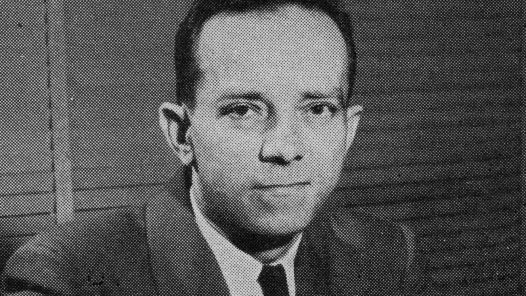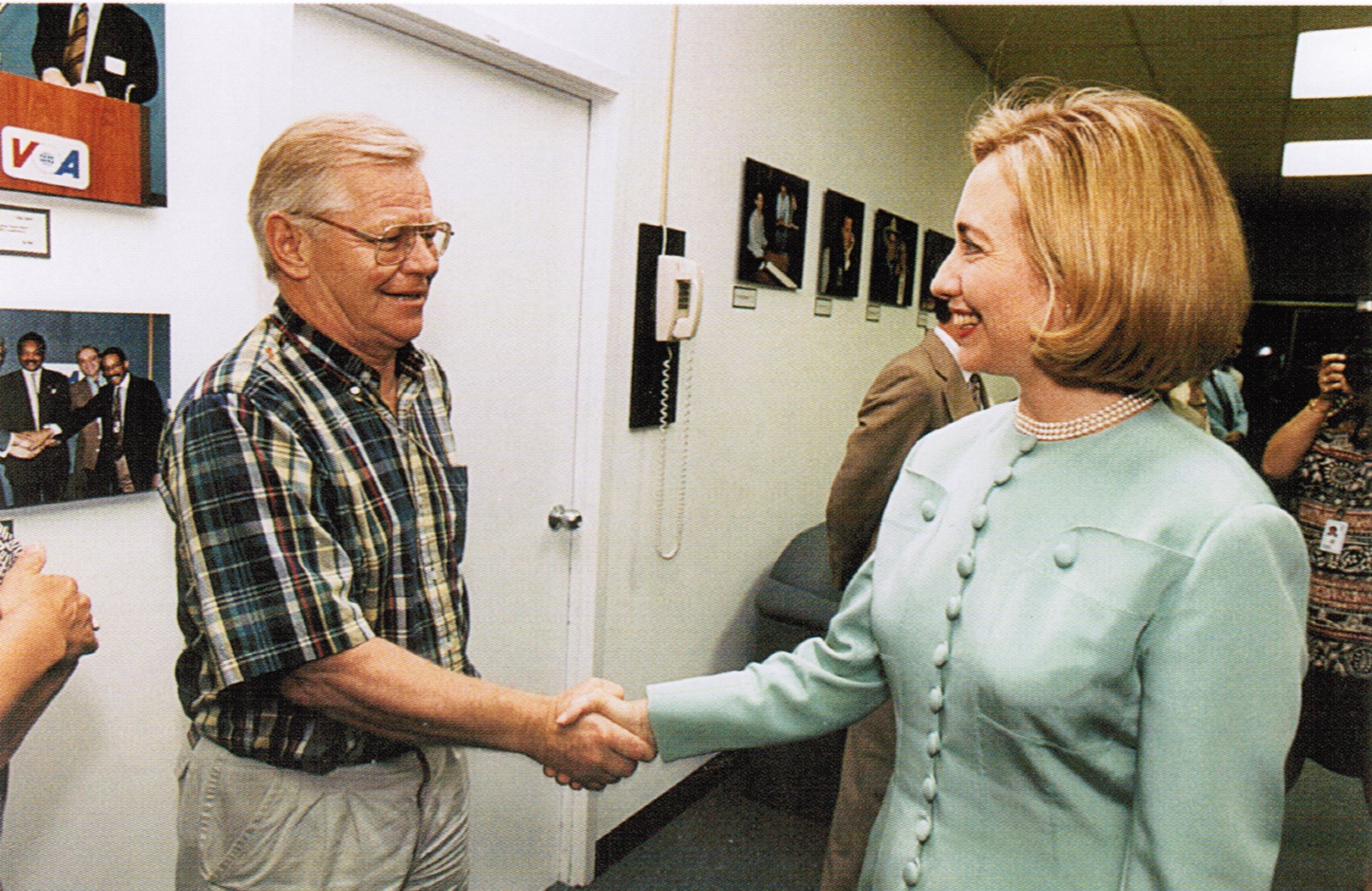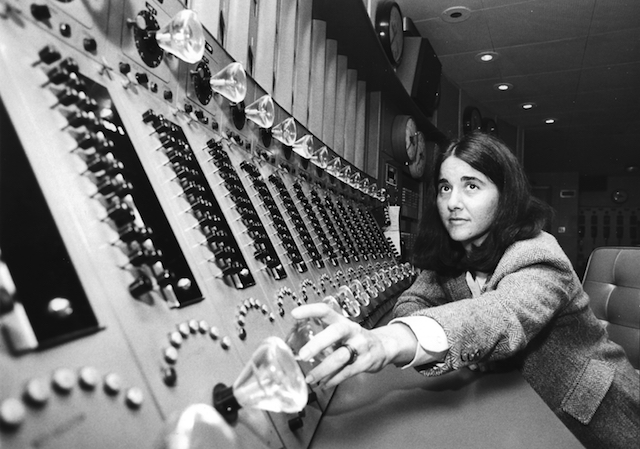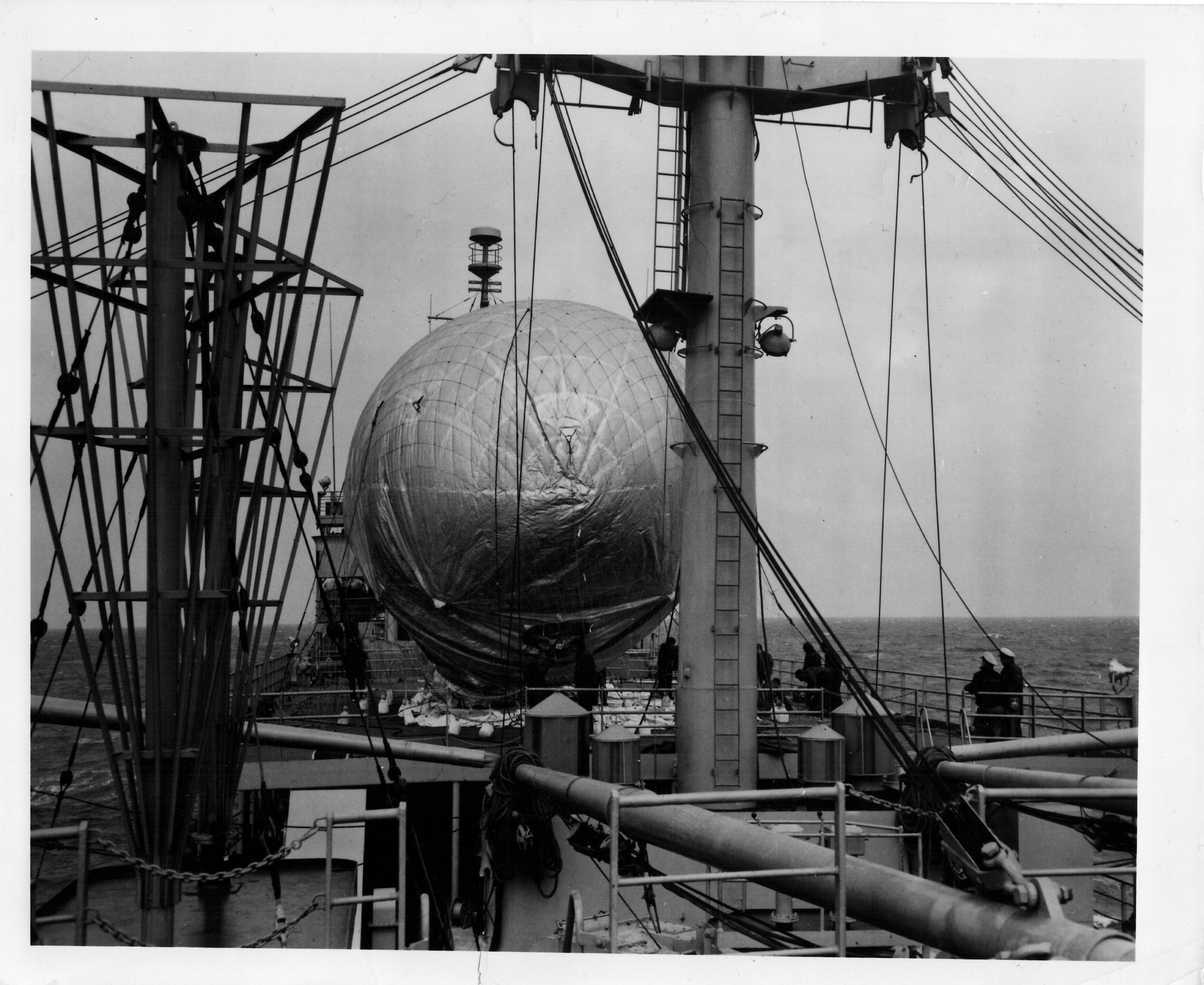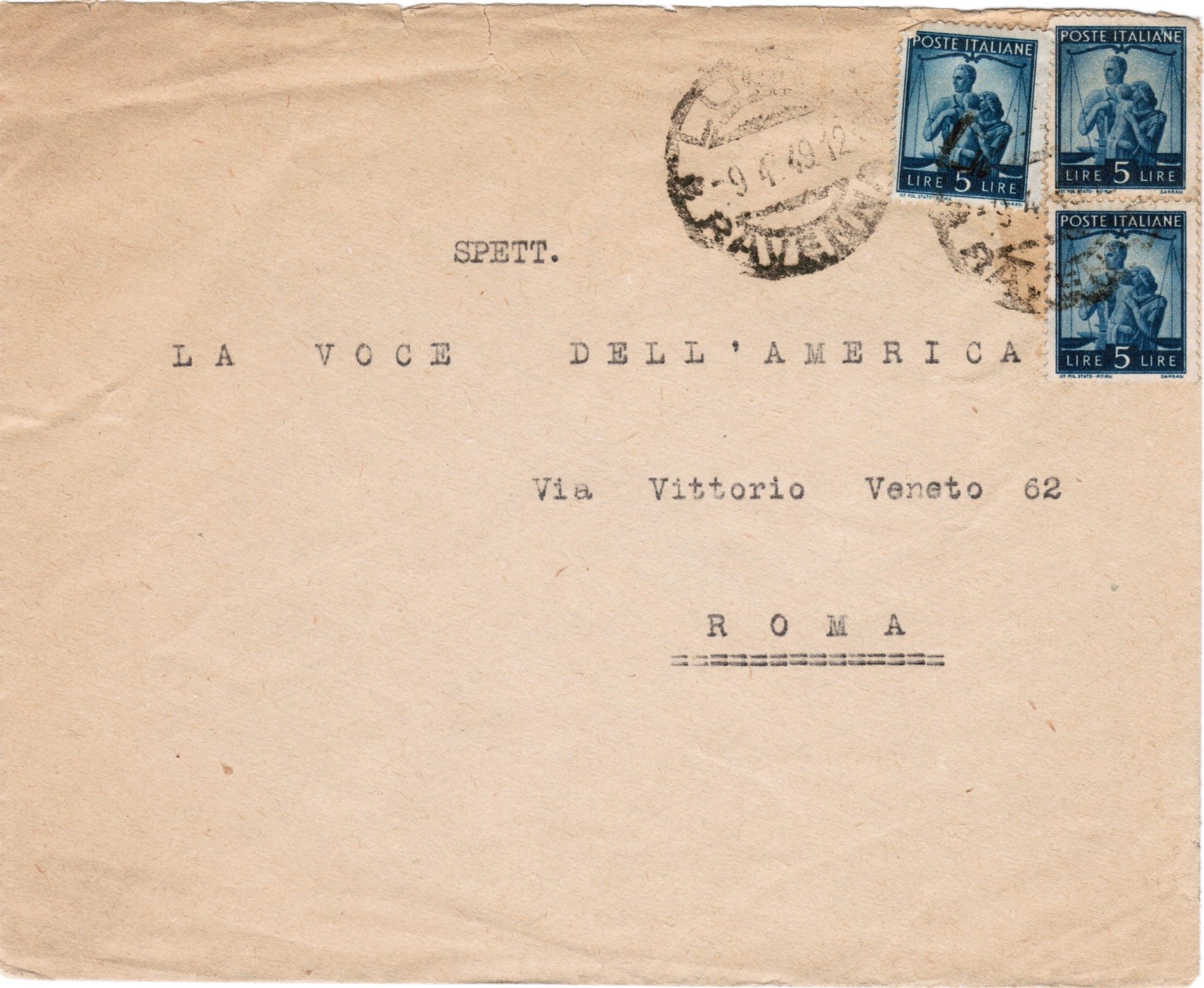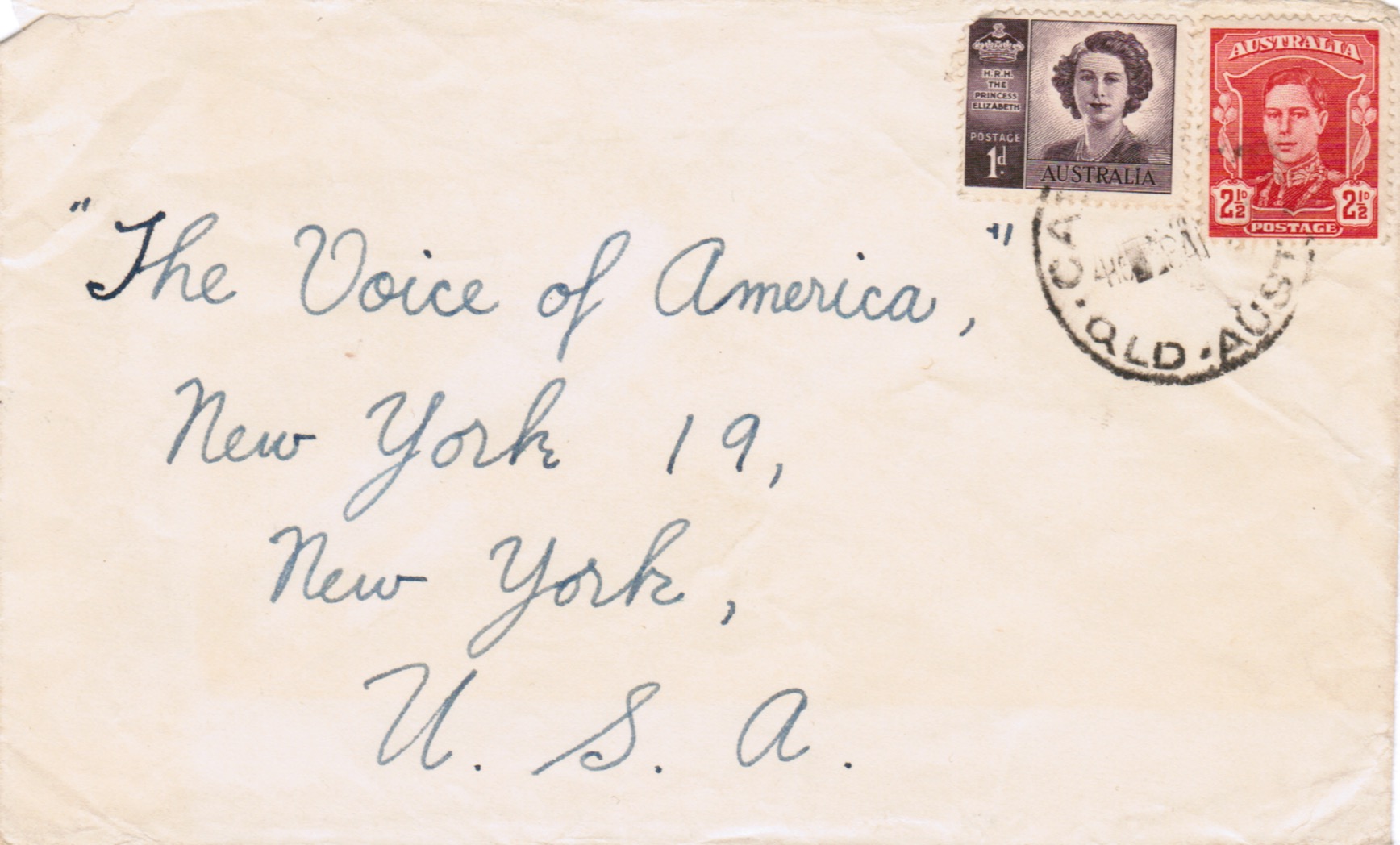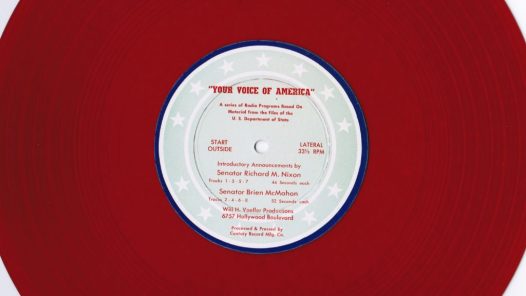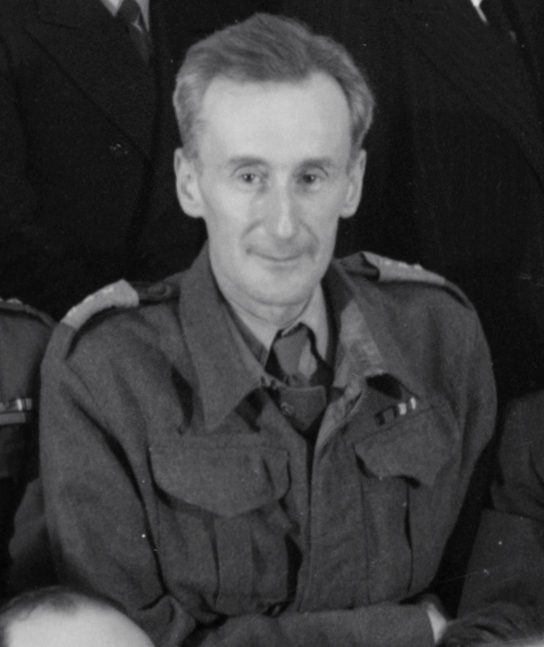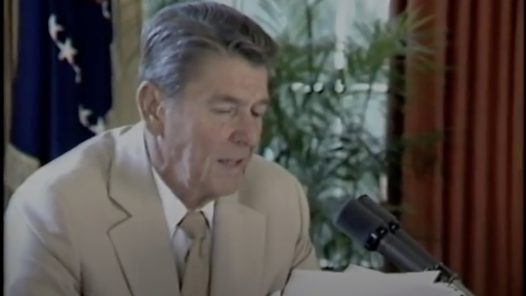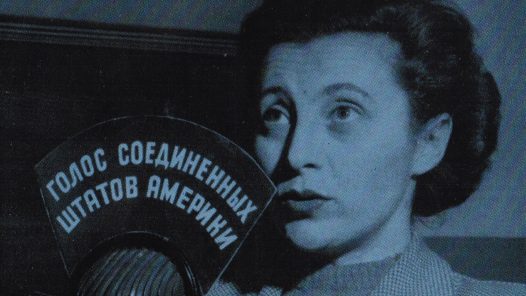Cold War Radio Museum State Department diplomat and Soviet affairs specialist who was Voice of America director at the time (from October 1949 to September 1952), Foy D. Kohler, denied all the charges of Soviet propaganda influence within the...
Maciej Wierzyński at Voice of America One of the most successful and popular Polish-American refugee journalists, Maciej Wierzyński, described his tenure at the Voice of America in the 1990s as the “most frustrating period of his life.” By Ted...
Cold War Radio Museum On August 20, 1980, the Soviet Union resumed jamming radio broadcasts by the Voice of America (VOA), the BBC, and the Deutsche Welle (DW). Soviet jamming was a sign of the effectiveness of Western radio broadcasts. Radio Free...
THE SHIP WITH A CARGO OF TRUTHTHE VOICE OF AMERICA’S first sea-going radio transmitter, the 5,800-ion U.S. Coast Guard cutter Courier, was termed a “valiant fighter in the cause of freedom” by President Truman in welcoming ceremonies held at...
In April 1949, someone mailed a letter from Ravenna, Italy to the Voice of America (VOA) office in Rome at Via Vittorio Veneto 62. The envelope was addressed to “LA VOCE DELL ‘ AMERICA” (THE VOICE OF AMERICA). It had no return address...
As the Voice of America (VOA), the United States government radio station for international audiences, observes its eightieth anniversary, it may surprise Americans who know about its existence that in its first years during the administration of...
In the early 1950s, the Voice of America (VOA) started to attract bipartisan support after several years of strong criticism earlier, mostly from Republicans but also from a number of Democrats, that some of VOA’s pioneer executives and journalists...
Cold War Radio Museum On December 11, 1950, a member of the U.S. Congress revealed the Voice of America censorship of Józef Czapski, a Polish military officer, writer, artist, and a witness of Soviet war crimes. The U.S. government broadcaster, the...
Toward the end of the Cold War in the 1980s, the Republican administration of conservative President Ronald Reagan greatly increased spending on U.S. international broadcasting to the Soviet Union and to other communist-ruled nations. Broadcasts to...
Cold War Radio Museum In the early 1950s, the U.S. State Department launched its public diplomacy program called “The Campaign of Truth” designed to counter Soviet propaganda using the Voice of America (VOA) and the State Department’s...


